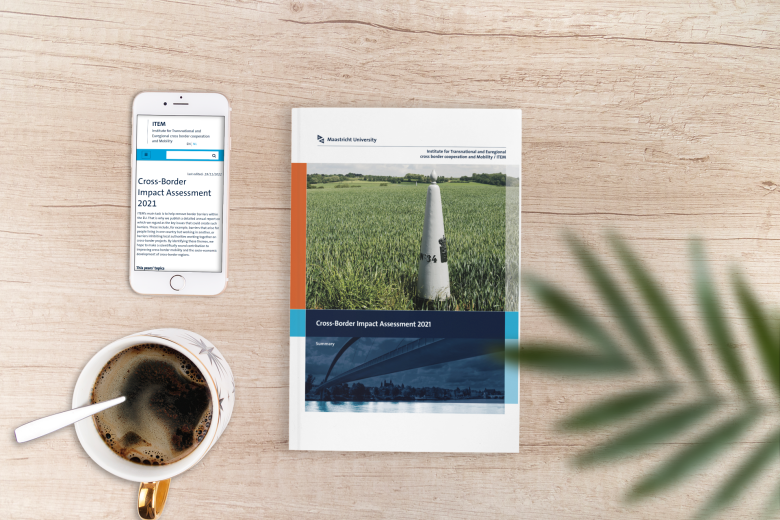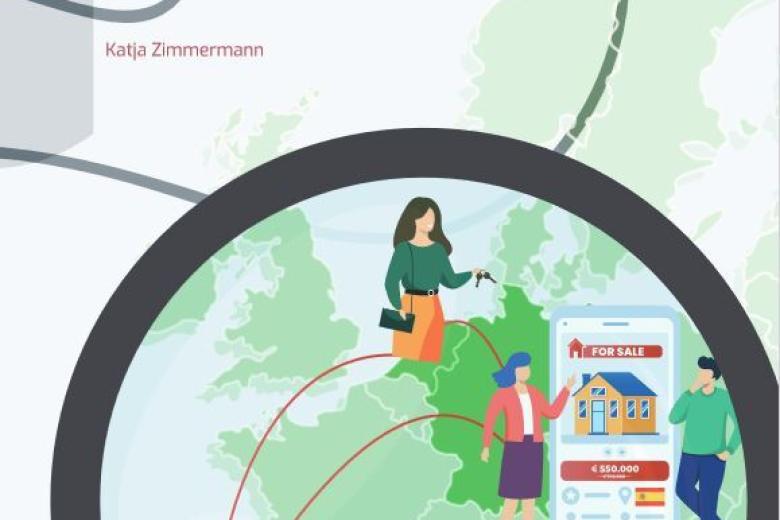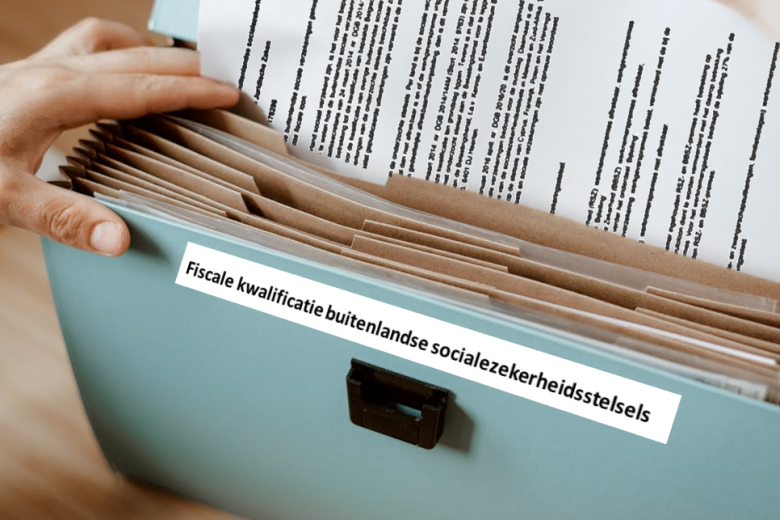ITEM/ICGI starts new research project on cross-border corporate mobility in the EU
ITEM’s Marcus Meyer and Thomas Biermeyer have won a tender from the European Trade Union Institute for a three-year project on cross-border corporate mobility in the European Union and the European Economic Area.
The topic of cross-border company mobility has been on the EU legislator’s agenda for several decades. However only in the last decade through the creation of European company law forms, such as the European Company (Societas Europaea, SE), legislation on cross-border mergers, the Cross-Border Mergers Directive and the case-law of the Court of Justice of the European Union has EU integration accelerated in this area.
A crucial question when considering new legislation and the protection of different stakeholders in corporate mobility transactions, such as shareholders, creditors or employees, is to what extent companies use cross-border mobility mechanisms in practice, may it be concerning cross-border seat transfers, cross-border mergers, cross-border divisions or the activities of SE/SCE companies. Different studies and research exercises have been undertaken in this area, yet, none of which has been able to provide a full picture as to the extent of corporate mobility in the EU.
Together with a network of country experts, the project team will collect data on cross-border transactions throughout all EU/EEA Member States. The data is crucial for future evidence based decision-making in these areas both at the EU and national level. Biermeyer and Meyer will collaborate with ITEM (Institute for Transnational and Euregional cross border cooperation and Mobility) as well as the Institute for Corporate Law, Governance and Innovation Policies (ICGI) for this project. Professors Mieke Olaerts, Stephan Rammeloo (both ICGI) and Ferdinand Grapperhaus are senior advisors to the project.
Relevant links
… / ITEM / Research / Cross-border Corporate Mobility in the EU
Also read
-
ITEM Cross-Border Impact Assessment 2021 published
Due to the Corona crisis, also many cross-border workers are forced to work in their home country. They have been asked not to cross the border to come to their office situated in the neighbouring country. At the moment, this is only possible because the Dutch, Belgian and German governments have...

-
Success factors for cross-border real estate transactions: information and patience
Buying a house abroad, with the complex procedures of rules and formalities that apply in the world of real estate transactions, one might wonder: what obstacles might I encounter? In her dissertation, Katja Zimmermann examined the operation and obstacles of various land registration systems. Her...

-
ITEM focal point taken up: addition to Dutch qualification policy for German social insurance schemes
The Dutch Ministry of Finance has updated the guideline on the tax qualification policy of foreign social security schemes. According to expertise centre ITEM, the addition concerning certain German social insurances is a positive development, which is in line with their vision and commitment in...
